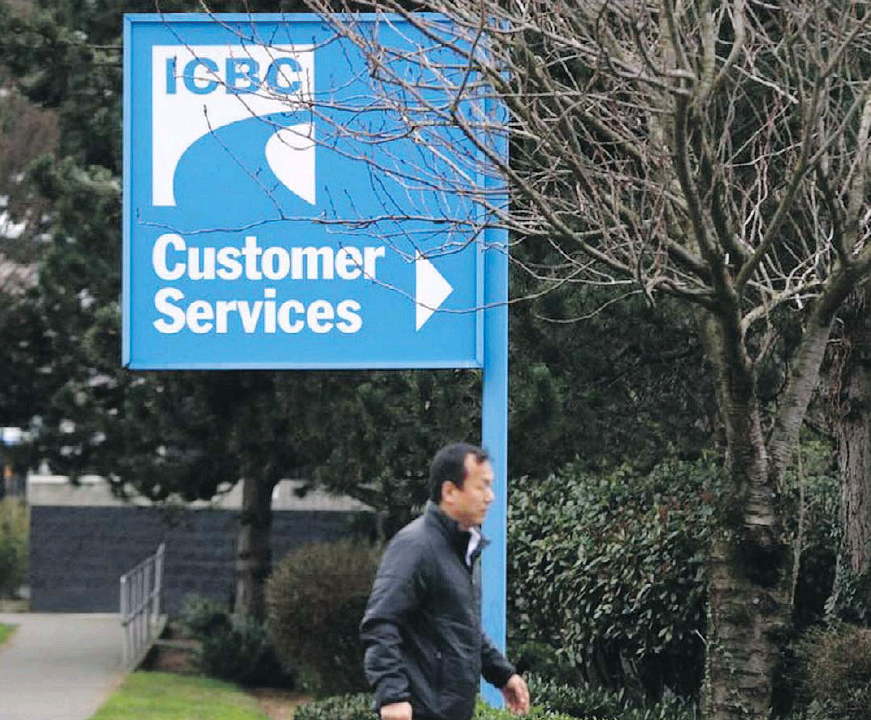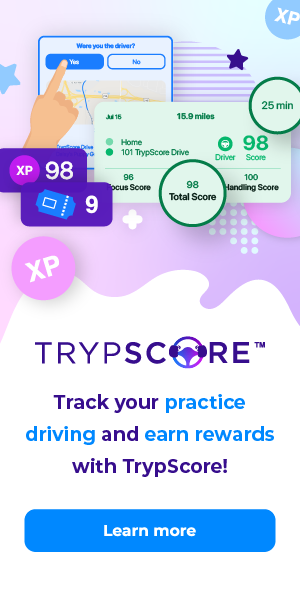Road-test quirks, pitfalls around B.C.

All drivers should get a copy of their driving abstract when renewing their driver’s license, Steve Wallace writes. It can be found in person at any ICBC or Service B.C. office, or by phone.
Privacy is a big part of the B.C. driving road test.
Many parents are surprised to learn they need their teenager’s permission to receive the in-person verbal road-test results from the examiner, once the test is concluded.
Most parents do not realize they must make the driving examiner aware of the teen’s permission to allow them to be debriefed, preferably prior to the test rather than after it is concluded.
Aware driving instructors will make this request at the beginning of the road test, because there might be an emotional conclusion, which has the young candidate upset and in no condition to give such permission.
This whole situation is a bit ridiculous.
This privacy policy has never been tested in the courts.
It is a policy, not a regulation, not mandated by legislation.
Parents, legal guardians and professional driving instructors should never be cut out of the loop at such a pivotal time.
The same policy applies to all driving-test results, regardless of the age of the candidate, but it is particularly galling for parents to be put in this position.
Parents are responsible for their teens, they pay the freight, yet might feel locked out of the process.
It is equally odd for a spouse to be cut out of the loop of the debrief.
Anyone accompanying another to a road test should always announce to the examiner the intent to be informed of not only the result, but also the reasons for same.
There is another ridiculous situation concerning the validity of a person’s driver’s licence.
At the beginning of the driving lesson with each client, the instructor should ask to see a valid driving licence.
This is common practice. By following this practice, it is easy to spot an expired licence.
This situation is far more common than one would think. There are times, despite the proof of a privilege to drive, an instructor will have doubts about the authenticity of the river’s licence.
The provincial authority will not, because of privacy concerns, tell driving school officials whether the licence is valid.
When I raised this concern with the Superintendent of Motor Vehicles, he came up with a good suggestion.
There would be no doubt as to the authenticity of a driver’s licence if a driving abstract was shown at the beginning of the driving lesson.
The requested abstract comes free of charge. It is a record of any driving infractions in the past five years.
It can be received in person at any ICBC or Service B.C. office, and by phone, once the security key word, usually a mother’s maiden name, is made known to the licensing authority.
It is a good idea for every driver in the province to get a copy of their abstract, usually upon the five-year renewal date of the driver’s licence.
It is the only way to check on the accuracy of the report. There are instances where the simple mistake of one digit on a traffic ticket can attribute the offence to an innocent party.
Professional drivers should check the status of their driving record annually. It is best to be proactive when discrepancies occur, rather than trying to correct mistakes from a position of weakness, after the fact.
Many people are surprised to learn they have been driving with a suspended licence.
Letters that are sent to inform drivers of such state of suspension come by the regular mail delivery. It is long past time that such important correspondence is only delivered by registered mail.
There are several reasons a driver might never receive the notice of suspension.
A wrong address, extended holidays, and an identity mixup are the most common causes.


